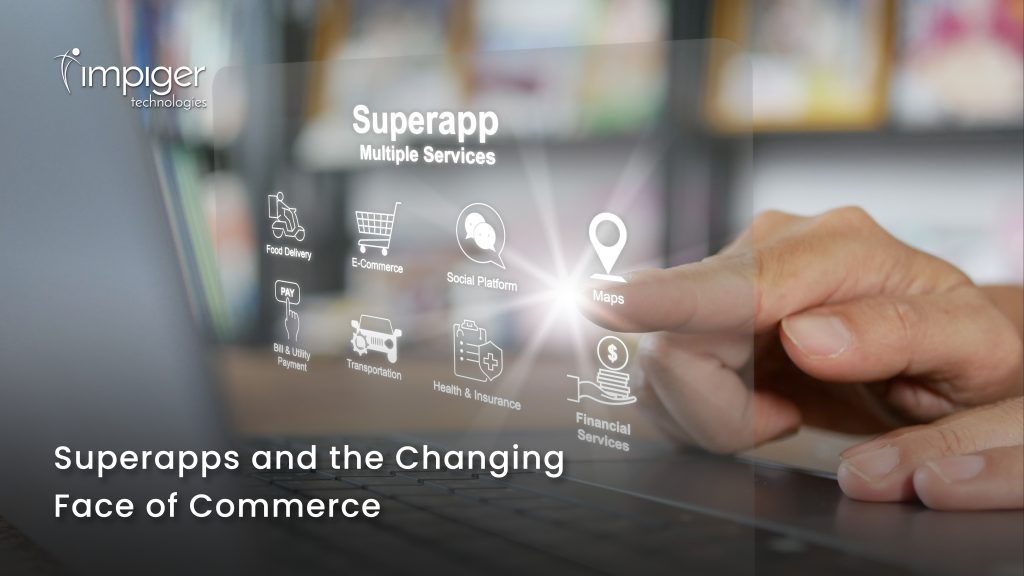In the ever-evolving landscape of technology, chatbots have emerged as powerful tools, transforming the way businesses interact with their customers. However, as we embrace the potential of Conversational AI, the ethical implications surrounding data privacy come to the forefront. Striking the right balance between innovation and safeguarding personal information is crucial. In this blog, we delve into the ethical considerations of chatbots, exploring how businesses can navigate Conversational AI’s complexities while upholding data privacy principles.
Understanding the Data Dilemma
Chatbots operate on data – they learn and adapt based on user interactions. This raises concerns about collecting, storing, and utilizing personal information. Businesses must be transparent about the data they collect and ensure that users are aware of how their information will be used. Striking a balance between personalization and privacy is the first step in navigating the ethical landscape of Conversational AI.
Transparency as a Cornerstone
Open communication is key to establishing trust. Integrating clear and concise privacy policies within chatbot interactions ensures users are well-informed about the data exchange. Transparency also involves giving users control over their data, allowing them to opt in or opt out of certain data-sharing practices. By making transparency a cornerstone, businesses can foster a relationship of trust with their users.
Data Encryption and Security Measures
To safeguard user data, robust encryption and security measures are non-negotiable. Conversations between users and chatbots often involve sensitive information. Implementing end-to-end encryption and utilizing secure channels for data transmission are imperative to protect user privacy. Businesses should invest in state-of-the-art security protocols to mitigate the risk of data breaches.
Anonymization and Aggregated Data
An ethical approach involves minimizing the use of personally identifiable information (PII) whenever possible. Utilizing anonymization techniques and working with aggregated data allows businesses to glean valuable insights without compromising individual privacy. By focusing on patterns rather than personal user data, companies can enhance their understanding while respecting privacy boundaries.
Continuous Monitoring and Compliance
The ethical responsibility doesn’t end with the deployment of a chatbot. Continuous monitoring and adherence to data protection regulations are essential. Staying compliant with evolving privacy laws ensures businesses are accountable for the data they collect and process. Regular audits and assessments should be conducted to identify and rectify potential privacy issues.
Final Thoughts: Balancing Innovation and Responsibility
As we embrace the capabilities of Conversational AI, it is imperative to recognize the ethical obligations that come with it. Balancing innovation and responsibility requires a proactive approach, where businesses prioritize transparency, security, and user control. Navigating the ethics of chatbots is not just a legal requirement but a commitment to building sustainable, user-centric technology that respects individual privacy.
In the ever-evolving digital landscape, the success of Conversational AI hinges on ethical practices. By prioritizing data privacy, businesses not only meet regulatory requirements but also cultivate trust and loyalty among users. As we navigate the intricate terrain of chatbot ethics, let us ensure that innovation and responsible data practices go hand in hand, shaping a future where Conversational AI enriches user experiences without compromising privacy.
Blog Reviewed by Kumaresan Selvaraj











